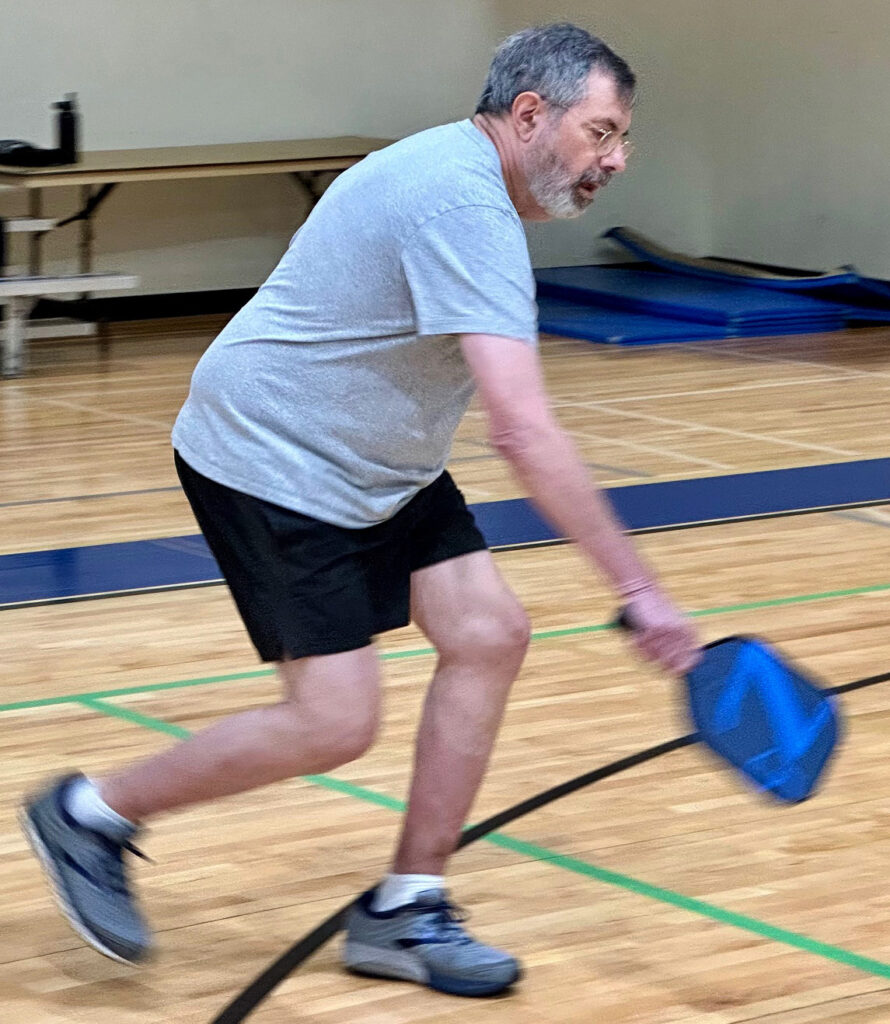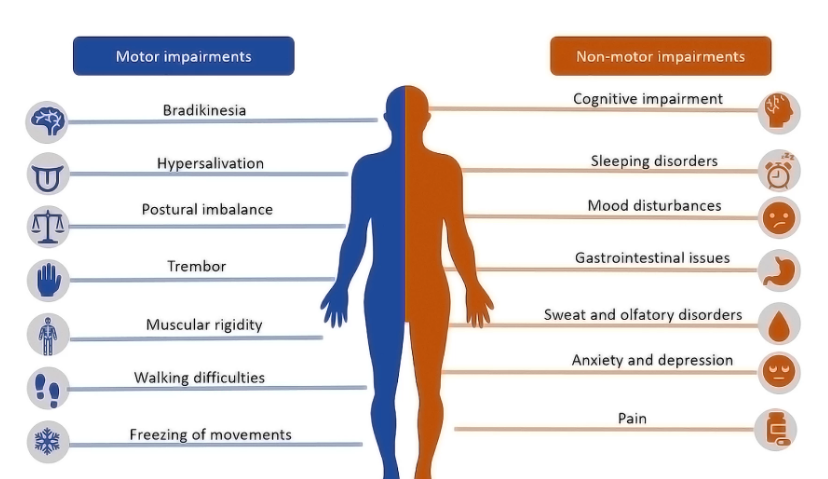Empowering Minds: Parkinson’s Mental Wellness for Patients, Caregivers and Families.
 The Peterson Foundation for Parkinson’s recently hosted our inaugural Empowering Minds, sponsored by the Hirsch Legacy Fund. This event aimed to shed light on the multifaceted nature of Parkinson’s Disease, moving beyond the commonly known “movement disorder” stereotype and emphasizing its neurological complexity.
The Peterson Foundation for Parkinson’s recently hosted our inaugural Empowering Minds, sponsored by the Hirsch Legacy Fund. This event aimed to shed light on the multifaceted nature of Parkinson’s Disease, moving beyond the commonly known “movement disorder” stereotype and emphasizing its neurological complexity.
Dr. Pontone, a renowned doctor in the field of neurology, provided valuable insights during his presentation, challenging the prevailing perception of Parkinson’s Disease. He highlighted key takeaways that have the potential to change the way we approach this condition.
Early Intervention for Depression and Anxiety:
There is a correlation between depression symptoms and the onset of Parkinson’s Disease long before motor symptoms appear. Early diagnosis and treatment of depression and anxiety can potentially delay or even prevent the development of motor symptoms.
Quality of Life and Depression:
The impact of depression and anxiety have the greatest impact on health for individuals with Parkinson’s Disease even more than movement challenges. Studies have shown that treating depression is one of the most significant ways to decrease disability and improve quality of life! This underscores the importance of addressing mental health as a crucial aspect of Parkinson’s care.
Physical Exercise and Brain Health:
The best evidence for protecting brain function in Parkinson’s Disease and Alzheimer’s Dementia is aerobic exercise. This emphasizes the importance of incorporating exercise into daily routines.
The MIND Diet:
The MIND Diet is the best nutritional approach for individuals with Parkinson’s Disease. You may wish to refer to the PFP blog on The Mind Diet.
Social Interaction as a Prescription:
Social interaction is an essential part of Parkinson’s Disease management. Dr. Pontone prescribes this for his patients to encourage them to socialize, connect and get involved.
Importance of Sleep:
Sleep is as important as diet and exercise. Develop a bedtime routine and try not to take naps during the day. For suggestions to improve your sleep Dr. Pontone recommended the book Why We Sleep by Dr. Walker.
 Another esteemed medical expert, Dr. Daniel Claassen from Vanderbilt Medical University shared a study illustrating the positive effects of physical activity, particularly Rock Steady Boxing, on sleep quality. This study involved participants from PFP support groups, highlighting the potential benefits of such programs for Parkinson’s patients.
Another esteemed medical expert, Dr. Daniel Claassen from Vanderbilt Medical University shared a study illustrating the positive effects of physical activity, particularly Rock Steady Boxing, on sleep quality. This study involved participants from PFP support groups, highlighting the potential benefits of such programs for Parkinson’s patients.
Lastly, during the event, Dr. Pontone and Dr. Claassen addressed questions on topics like nightmares associated with antidepressants and the demoralizing feelings associated with Parkinson’s Disease, providing valuable insights into these challenging aspects of the condition.

















